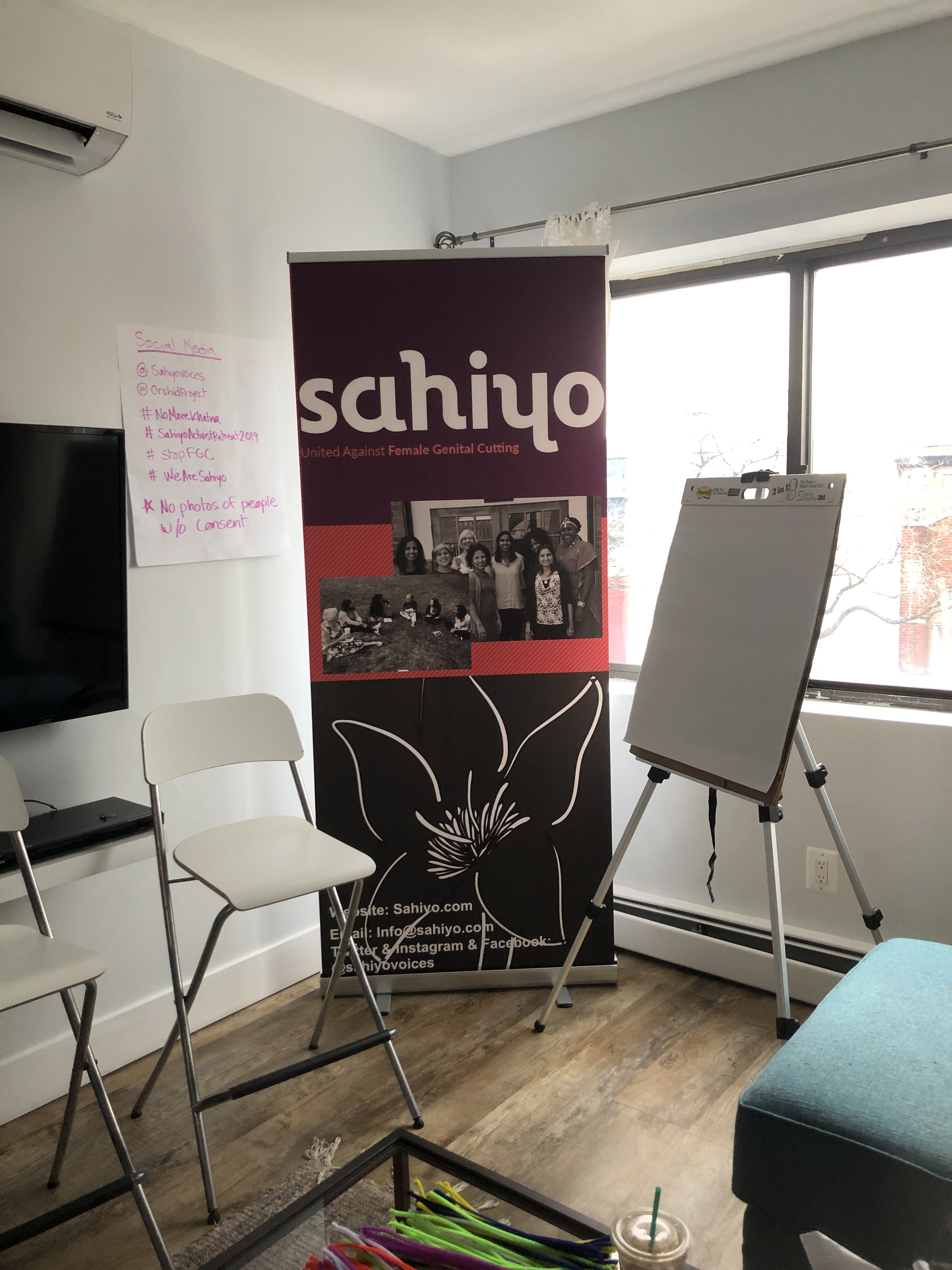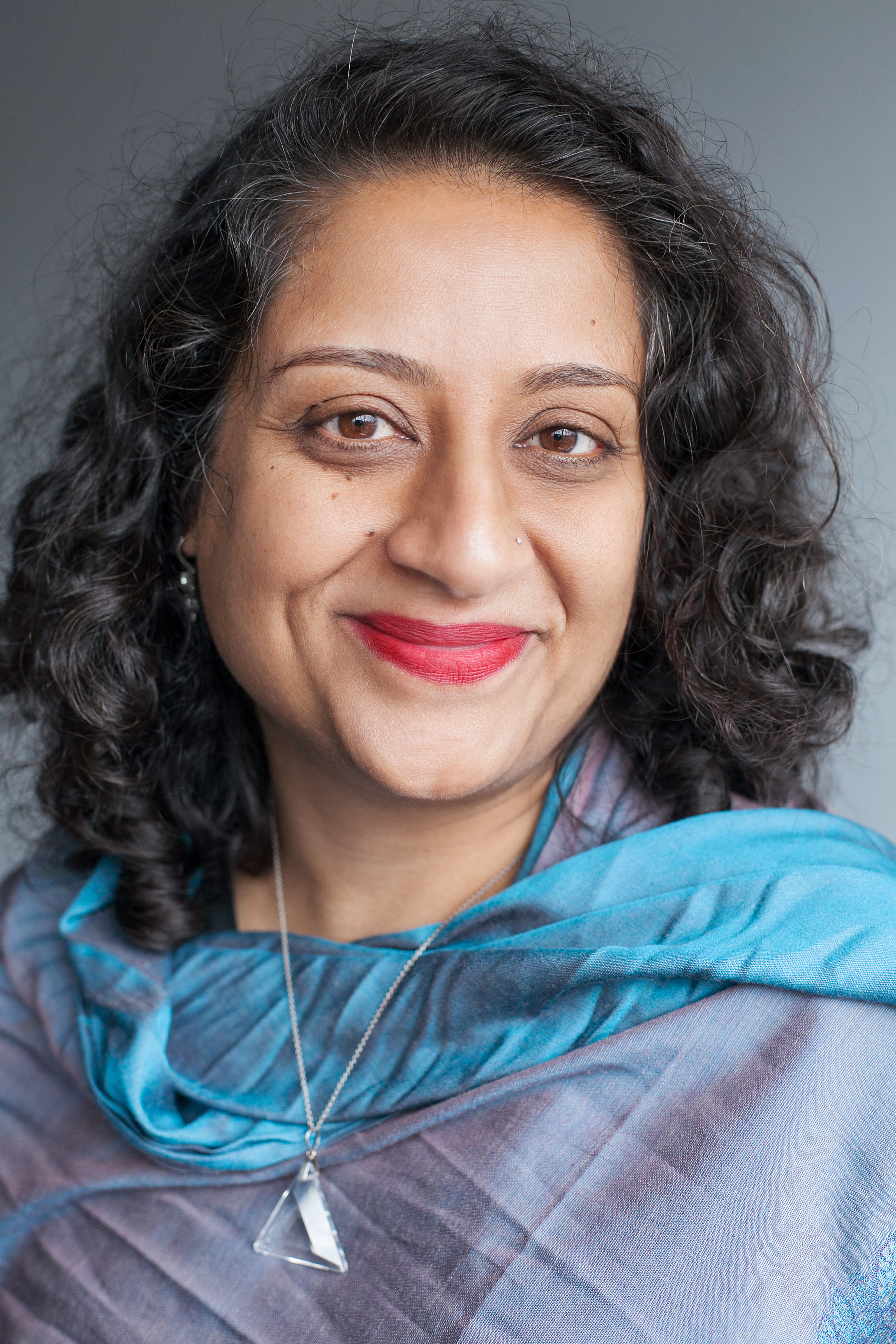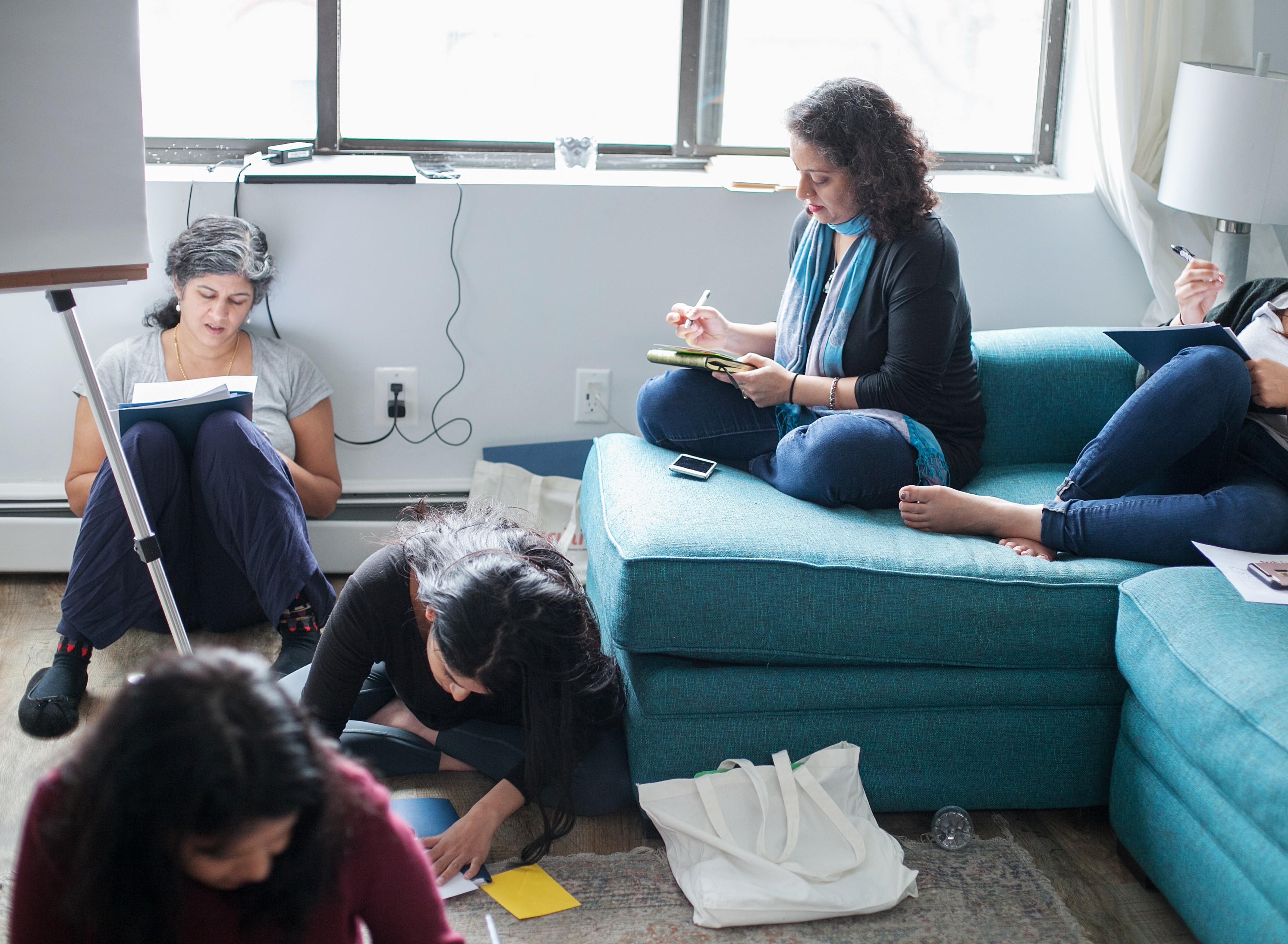By Amy Vaya
Country of Residence: Bahrain
The first time I ever heard about female genital mutilation (FGM), I was 20 years old. A friend told me about a book she had read called ‘Desert Flower,’ by former model Waris Dirie, who had undergone the procedure as a girl.
Even as she described it, I found myself utterly unable to comprehend such cruelty. Why on earth, I thought, would someone need to do that to another human being, much less a three-year-old child? I hunted down the book and raced through it in a matter of days, learning about her story with a growing sense of horror.
Dirie thought it was normal to feel pain every time she urinated, because she had never known anything else. She never even realised she was missing body parts until, as a young woman, she saw her female roommate’s naked body. Both women wept. I wept.
 All these years later I still remember that book because it was so shocking to me that such a thing is practiced anywhere in the world. And then I put it out of my mind.
All these years later I still remember that book because it was so shocking to me that such a thing is practiced anywhere in the world. And then I put it out of my mind.
It wasn’t until quite recently that the subject resurfaced in my life. A dear friend, who was just a passing acquaintance at the time, had posted online about how she had suffered FGM as a child. My mind raced back to this book and I was thunderstruck. It was one thing for it to happen to Waris Dirie in the 1960s in Somalia. It is quite another for it to happen in the 1990s, in the country where I live!
I became extremely upset. Even though I did not know her that well, this became personal. She had been raised exactly as I had been, gone to similar schools, had mutual friends, and had similar interests. Our lives overlapped so much except for this one glaring fact—her bodily integrity had not been respected. She had been violated in the worst possible way.
I watched videos about the Bohra community in which they discuss khatna with pride and I was disgusted. I thought of the other Bohra friends I’d had through my life and suddenly couldn’t see them the same way anymore. I felt like the women had been mutilated, whether they saw themselves that way or not. I was surprised at the men’s position. Perhaps they were ignorant of the fact this was even happening. The alternative–that they were deliberately inflicting this cruelty on their women–was just too much for me to stomach.
I was so upset I spoke to my mother about it. And would you believe it, at her age, that was the first time she was ever hearing about FGM? That should tell you how little this subject is spoken about among communities.
If we don’t talk about it, we can’t know it’s happening. And if we don’t know it’s happening, we can’t possibly stop it.
FGM should never have begun, and it certainly has no place in the 21st century. Let’s be clear–the aim of FGM in my opinion was never ‘cleanliness’ or any medical benefit–it is purely to reduce or remove a woman’s sexual pleasure, and I fail to see how that benefits anyone.
To the parents: If you think it will help you control your teenage daughter’s raging hormones better, think again. She is going to be a sexually mature adult for a lot longer than she is going to be an unmarried teenager under your roof. Do you really have the right to alter the rest of her life? Is ‘tradition’ even meaningful or important if it adversely affects the quality of life so much?
To the men: I’d like to give you the benefit of the doubt and say that perhaps you don’t know this is going on among your womenfolk. If that is the case, then learn about it, and protest it. And protest it you must, because this does not benefit you. Do you really want to marry a woman who may never enjoy sex with you? Do you really want to be in a marriage where your wife never initiates sex because it doesn’t feel good or is downright painful for her?
To the women: Keep going and be strong. You deserve to not have body parts removed without your consent. It is such a basic human right; it should go without saying. Your body is inviolable and you deserve for it to be respected as such.



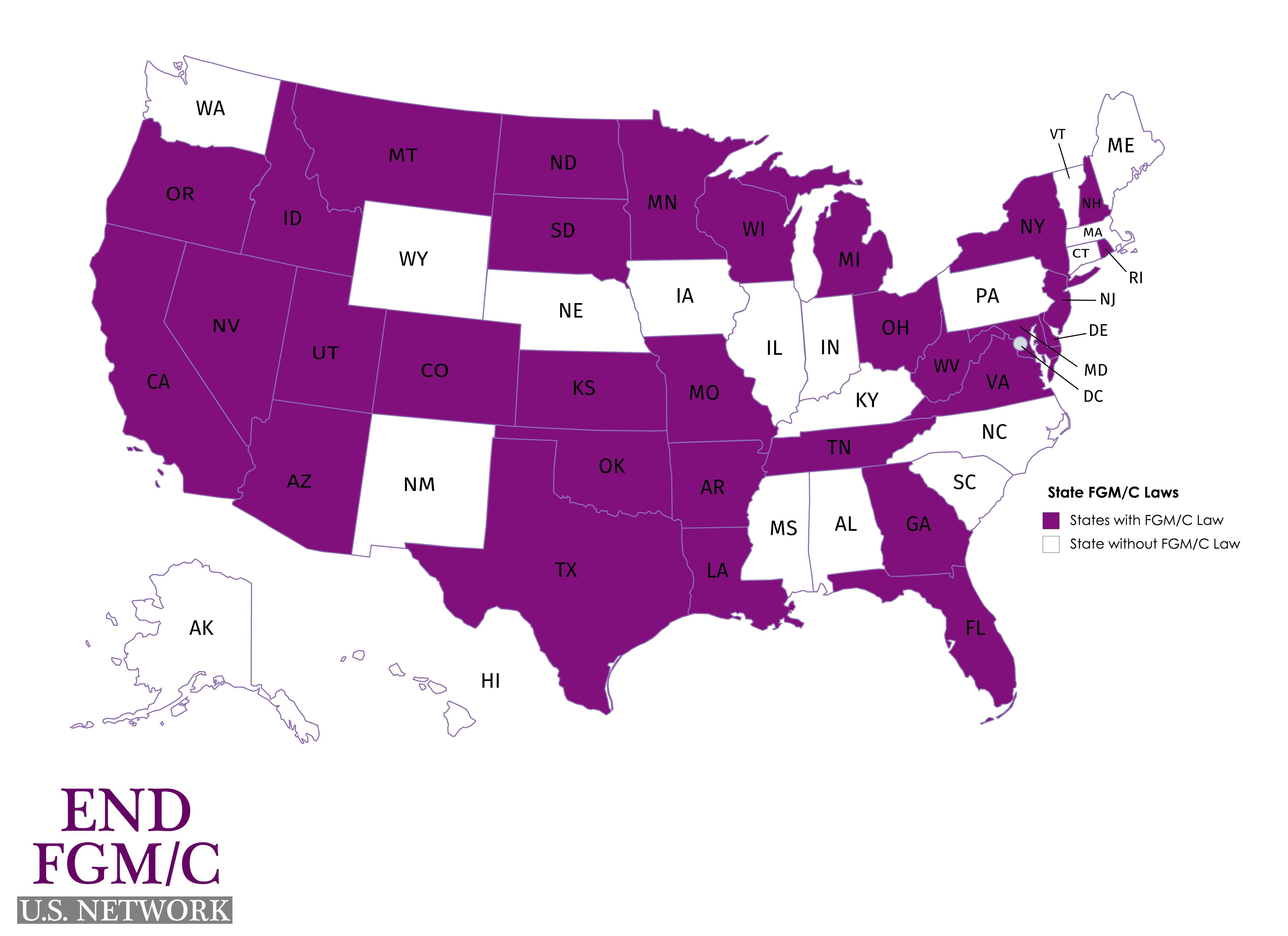




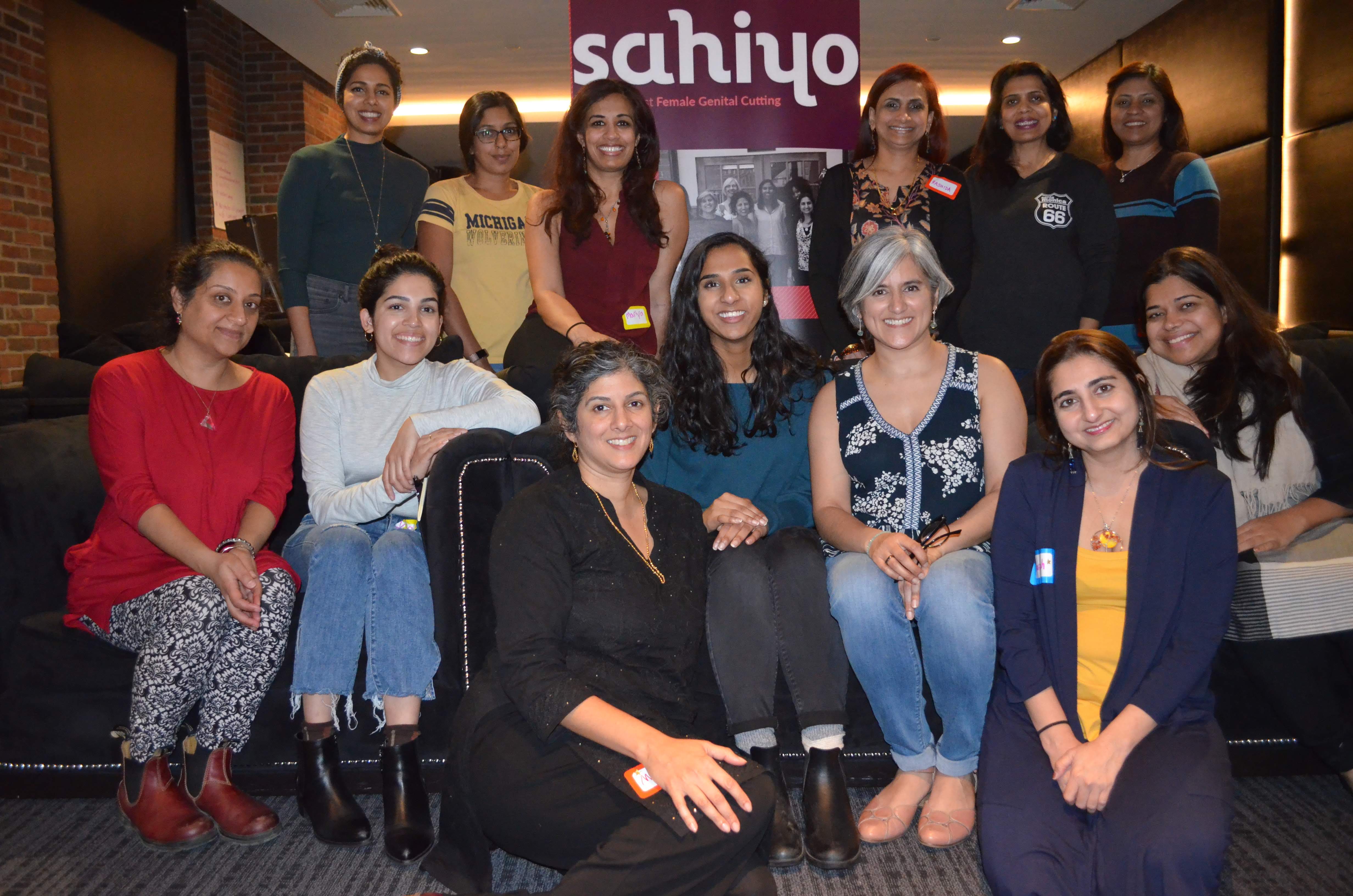

 Cameron Adelman is a senior neuroscience major and women and gender studies minor at Wheaton College in Massachusetts. He has been working on his research project about social and emotional effects of FGC since last year. The findings of his research among women who have experienced FGC suggest a number of sociocultural confounds in trying to develop and deliver support systems for women living in practicing communities. Cameron’s hope is to help advise best practices that take these factors, as well as additional risks to wellbeing, into account.
Cameron Adelman is a senior neuroscience major and women and gender studies minor at Wheaton College in Massachusetts. He has been working on his research project about social and emotional effects of FGC since last year. The findings of his research among women who have experienced FGC suggest a number of sociocultural confounds in trying to develop and deliver support systems for women living in practicing communities. Cameron’s hope is to help advise best practices that take these factors, as well as additional risks to wellbeing, into account.